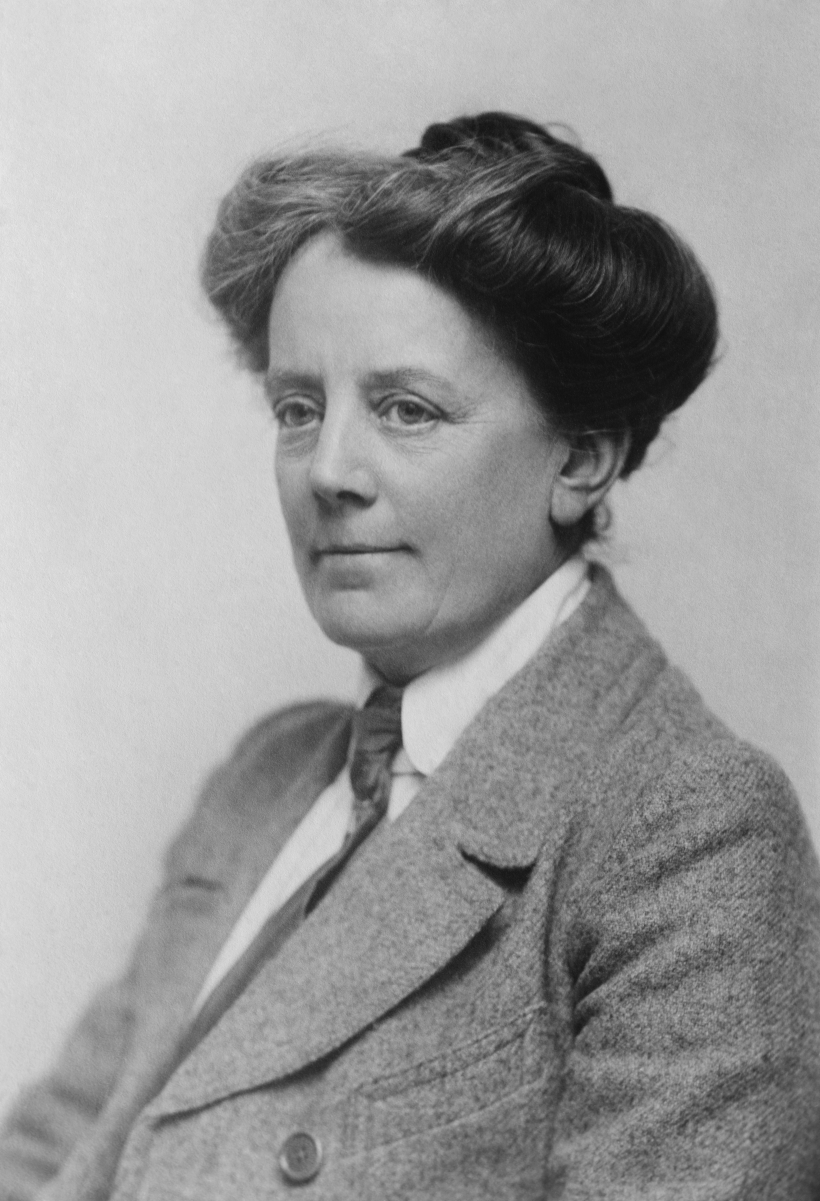The life and work of Ethel Smyth: a trailblazer for women
Posted on 14th April 2023 at 12:27

Photo credit: George Grantham Bain Collection (Library of Congress), restored by Adam Cuerden
22nd April 2023 sees the 165th anniversary of the birth of Dame Ethel Smyth. Smyth is perhaps best known as the composer of the March of the Women, which became the anthem of the Women's Social and Political Union, part of the Suffragette movement.
She was a radical, outspoken character who was not afraid to go against the grain – openly bisexual in a period where society was far from accepting, and battling to gain recognition as a female composer in a profession dominated by men.














